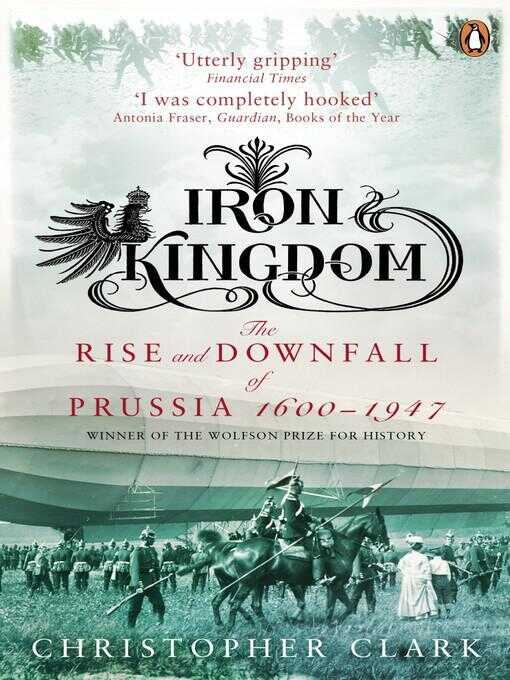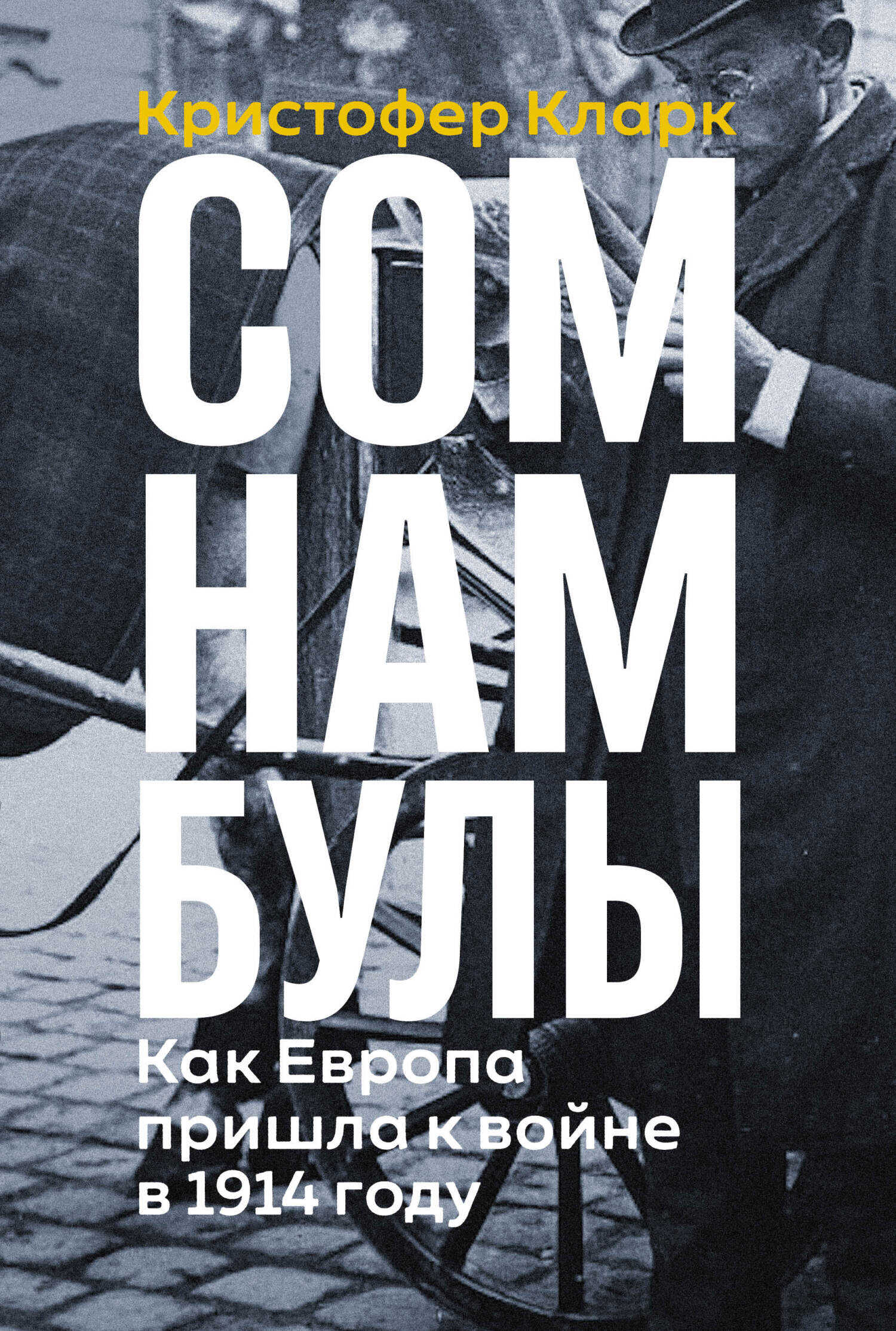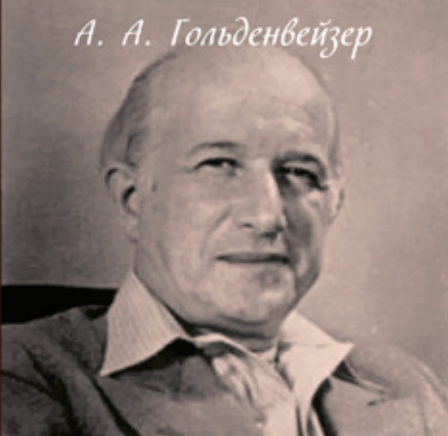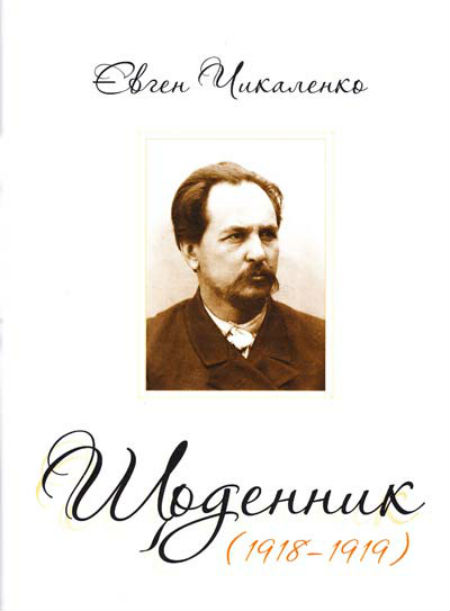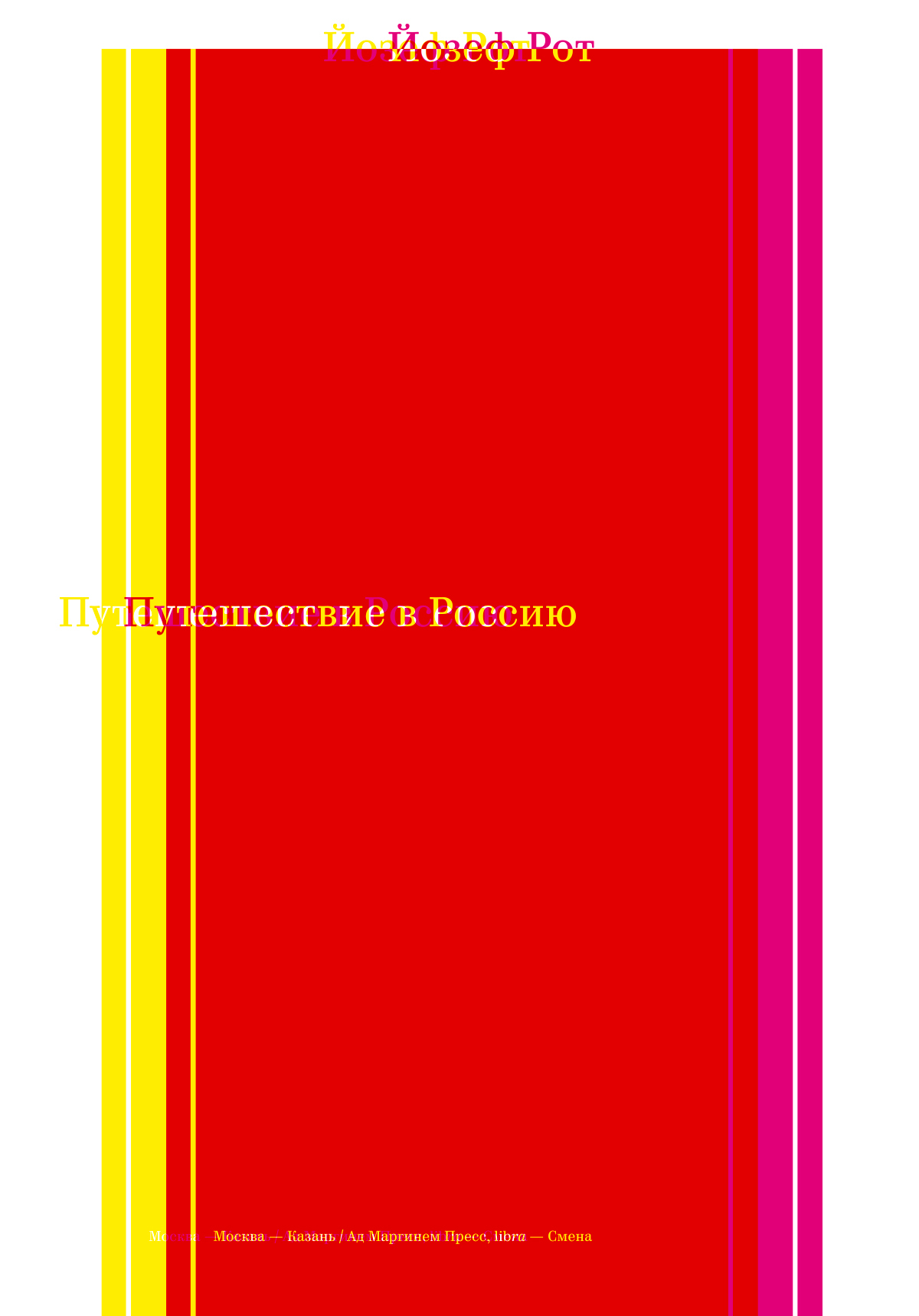Шрифт:
-
+
Закладка:
Сделать
Перейти на страницу:
Опираясь на новейшие исследования, историк Кристофер Кларк предлагает свежий взгляд на Первую мировую войну, сосредотачивая внимание не на полях сражений и кровопролитии, а на сложных событиях и отношениях, которые привели группу благонамеренных лидеров к жестокому конфликту.Кларк прослеживает путь к войне, подробно рассматривая, как принимались ключевые решения в Вене, Берлине, Санкт-Петербурге, Париже, Лондоне и Белграде, и обращается к предшествующей истории, приведшей к событиям 1914 года, взаимному непониманию и непреднамеренным сигналам, всего за несколько недель вызвавшим полномасштабный кризис.
Перейти на страницу:
Еще книги автора «Кристофер Кларк»:
